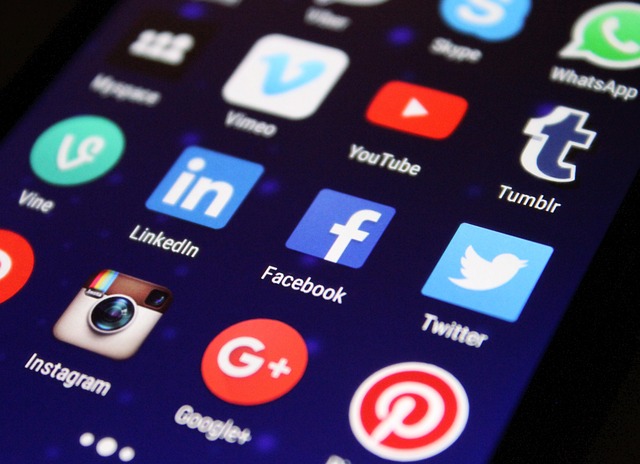Social media has become an ever-present part of daily life, acting as both a lifeline to the outside world and, in some cases, a subtle yet powerful form of control. The concept of the social block, often used to limit or avoid certain individuals or content, is more than a digital nuisance—it can reflect the emotional undercurrent of our online experiences.
At first glance, blocking someone on social platforms might seem like a form of self-care or boundary-setting. And sometimes, it is just that. However, when we dig deeper, we begin to see how this simple feature plays into the broader impact of social media on mental health and addiction.
How Social Media Shapes Our Minds
Social media is built on loops of validation, anticipation, and immediate reaction. We post, we scroll, we wait. Did they like it? Did they see it? Are they ignoring me? These questions can quickly spiral into compulsive behaviors, particularly for users who are already emotionally vulnerable.
The threat of being blocked—or the act of doing the blocking—taps directly into our deepest social fears: rejection, exclusion, and invisibility. When you’re blocked, you’re erased from someone’s digital world. When you block, you assert control. Either way, the emotional residue lingers and fuels the psychological mechanics of addiction.
Social Block as a Coping Mechanism or a Trigger?
There’s a dual nature to the social block. For some, it’s a form of escape—a way to filter out toxic relationships or negativity. For others, it becomes a weapon, a silent exclamation point at the end of arguments that leaves the other party hurt and destabilized.
In terms of addiction, this dynamic can be devastating. Social media addiction thrives on uncertainty and emotional highs and lows. Every interaction—or lack thereof—feeds into a dopamine-driven cycle that keeps users hooked. Knowing you might be blocked at any moment, or checking repeatedly if you’ve been unfollowed or ignored, creates a compulsive need to stay connected, informed, or even in control.
The Unseen Cost of Being Always On
The digital world doesn’t clock out. Notifications buzz during dinners, scrolls happen in bed, and the search for validation never ends. This constant tethering has real mental health consequences. Anxiety, depression, low self-esteem, and poor sleep are common among those who can’t look away. And the social block, while seeming like a tiny function in an app, plays a huge role in this cycle.
When you’re blocked, your mind races. What did I do wrong? Can I fix it? Should I confront them on another platform? These obsessive thoughts don’t just waste time—they erode self-worth and spur even more time spent online trying to reconnect, explain, or justify.
Finding Balance in a World That Doesn’t Sleep
Being mindful of your relationship with social media is a crucial step toward recovery from its addictive hold. Recognizing how features like the social block affect your emotions and behaviors is more than a tech lesson—it’s a form of emotional intelligence in the digital age.
As we continue to live online as much as we do off, understanding the impact of every click, block, and follow can make the difference between healthy connection and harmful addiction.



